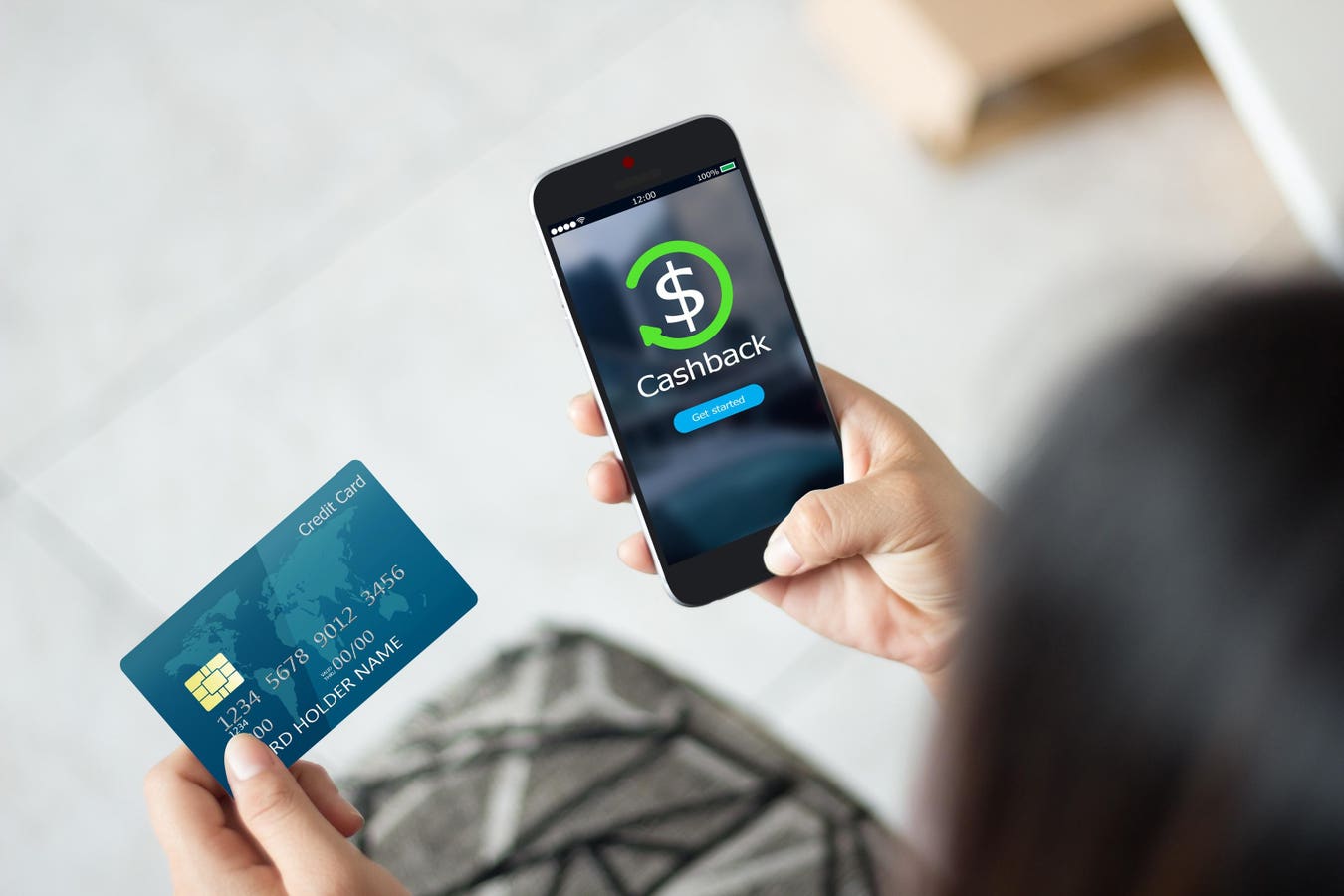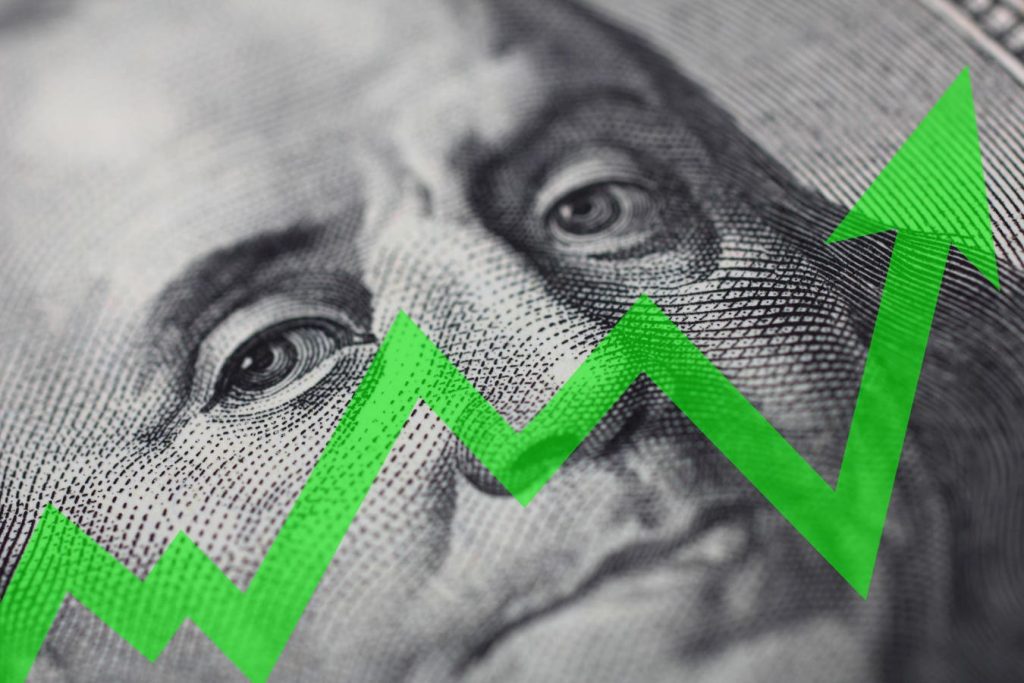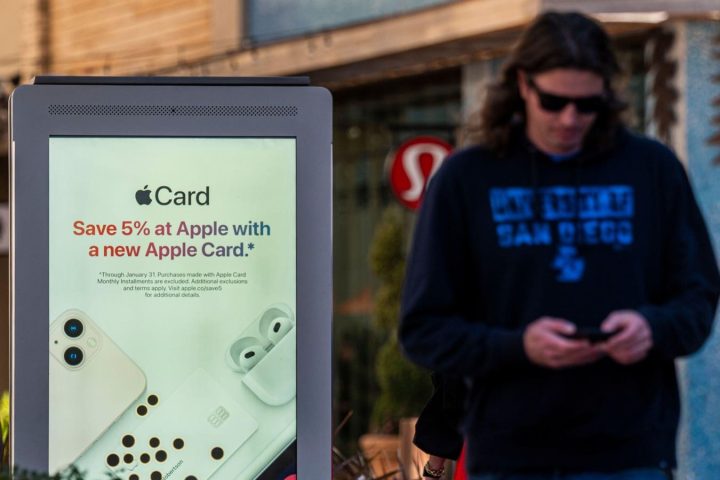Credit Card Reward ‘Bait and Switch’ Tactics Face CFPB Scrutiny
The Consumer Financial Protection Bureau is preparing to take a closer look at credit card rewards programs. CFPB Director Rohit Chopra said his agency is eyeing new guidance for how the Electronic Fund Transfer Act, a 1978 law governing electronic payments, applies to what he called “private digital dollars” and other digital currencies, including crypto. In particular, Chopra said the CFPB is concerned about potential “bait and switch” tactics deployed by credit card companies to entice people into signing up for rewards plans. [Bloomberg Law]
Hamas Militants Behind Israel Attack Raised Millions in Crypto
Hamas’s lightning strike on Israel last weekend has raised the question how the group financed the surprise operation. One answer: cryptocurrency. During the year leading up to the attacks, three militant groups—Hamas, Palestinian Islamic Jihad and their Lebanese ally Hezbollah—received large amounts of funds through crypto. Digital-currency wallets that Israeli authorities linked to the PIJ received as much as $93 million in crypto between August 2021 and June this year, analysis by leading crypto researcher Elliptic showed. Wallets connected to Hamas received about $41 million over a similar time period. [The Wall Street Journal]
U.S. Small Businesses Lean on Credit Cards Amid Inflation and Funding Challenges
A new Intuit report underscores an alarming trend: small businesses heavily rely on their credit cards amidst the current economic climate. Post-pandemic credit card spending by these entities has shot up by an average of 20%. However, this rise in spending is accompanied by a significant 26% increase in monthly credit card payments, inclusive of interest charges. [Small Business Trends]
Boomers Reach for Credit Cards, Millennials Lean More on BNPL to Pay for Leisure Travel
Credit cards continue to be the preferred choice among consumers for financing their leisure travel expenses, with approximately two-thirds of those who traveled or intended to travel this summer opting to use credit cards for their payments. According to insights detailed in a new study, while credit cards remain the preferred choice for the majority of travelers, there are distinct differences between older and younger generations. Older generations tend to opt for credit cards, while the youngest generations lean more toward BNPL options. [PYMNTS]
Americans Are Deep in Credit Card Debt, but Bidenomics Threatens to Make Things Even Worse
Credit card debt has hit record highs, a clear sign that many Americans are struggling to stay afloat during this time of “Bidenomics.” Poll after poll shows that most Americans fully understand that Bidenomics has resulted in rampant inflation, massive government debt and a tougher environment for middle-class America. The guiding philosophy of Bidenomics is that the government is best suited to drive down prices and make economic decisions on behalf of Americans. This mentality has produced a host of failed policies such as hefty subsidies for electric vehicles, market-distorting price controls for prescription drugs, strict limitations on oil and gas extraction, and massive handouts for big corporations and blue state governments. [Fox Business]
Israeli Victims’ Credit Cards Reportedly Abused by Terrorists after Hamas Onslaught
Hamas terrorists have allegedly stolen credit cards from Israeli victims to make purchases after launching their murderous rampage on Saturday, which has left more than 1,000 civilians dead and wounded thousands more. “Due to the security situation, we have seen cases where credit cards and bank account information are being misused,” the Bank of Israel said in a statement. “These situations have been dealt with since the outset by professionals at the Bank of Israel.” The central bank said that it has established a special Banking Supervision Department team to work in cooperation with government and security personnel to handle the credit card theft cases. [The Times of Israel]
How Buy Now/Pay Later Fintechs Are Reframing Consumer Credit
Initial concerns about buy now/pay later loans cannibalizing credit card issuers’ market share haven’t come to fruition, but as BNPL fintechs tweak their products, their loans are looking more like traditional credit cards. Large BNPL fintechs like Klarna, Affirm and Afterpay, which saw strong adoption with online merchants during the pandemic, are moving aggressively into brick-and-mortar stores, with branded debit cards sporting credit card-like features and fees. Touted as convenient for everyday use, the debit cards frequently enable users to convert a purchase into a loan at the point of sale or afterward. Another significant change is BNPL fintechs’ recent introduction of subscription fees averaging about $5 a month for users to continue accessing zero-interest loans, not unlike the cost of a credit card’s annual fee. [American Banker]
Rep. Santos Faces New Charges He Stole Donor IDs, Made Unauthorized Charges to Their Credit Cards
U.S. Rep. George Santos stole the identities of donors to his campaign and then used their credit cards to ring up tens of thousands of dollars in unauthorized charges, according to a new indictment. He then wired some of the money to his own personal bank account, prosecutors said, while using the rest to inflate his campaign coffers. The 23-count indictment filed Tuesday replaces one filed in May against the New York Republican charging him with embezzling money from his campaign and lying to Congress about his wealth, among other offenses. [Associated Press]
CFPB Plans to Hire 50% More Enforcement Attorneys, Support Staff
The Consumer Financial Protection Bureau is embarking on a hiring spree, increasing the number of full-time employees in its enforcement division by 50% and hiring additional staff in its legal, operations and research, monitoring and regulations divisions. CFPB Director Rohit Chopra has allocated about 75 new full-time employees to the enforcement division. The CFPB has roughly 150 enforcement attorneys and support staff. The hiring is one of the largest recruitment drives at the agency. [American Banker]
PayPal Sued in U.S. Consumer Case Over Industry-High Transaction Fees
Payments giant PayPal was hit with a consumer antitrust lawsuit for allegedly fashioning agreements with e-commerce merchants that artificially maintain high transaction fees. The prospective class-action lawsuit from two consumers in California and Georgia alleged PayPal’s contracts bar merchants from using price incentives to steer consumers to potentially more cost-effective payment options. The lawsuit said PayPal, which owns Venmo, imposes the highest transaction fees among payment processors. The case is the first ever to accuse PayPal of violating U.S. competition law through its “anti-steering” rules. [Reuters]
Don’t Buy Your Powerball Ticket with a Credit Card
While it may be tempting to snag a lottery ticket right now as the Powerball Jackpot spikes to $1.73 billion, the second largest in history, buying your ticket with a credit card could cost you. A lottery ticket purchased with a credit card is likely to be processed as a cash advance, which leaves you with high fees and no rewards. [CNBC]
Read the full article here







